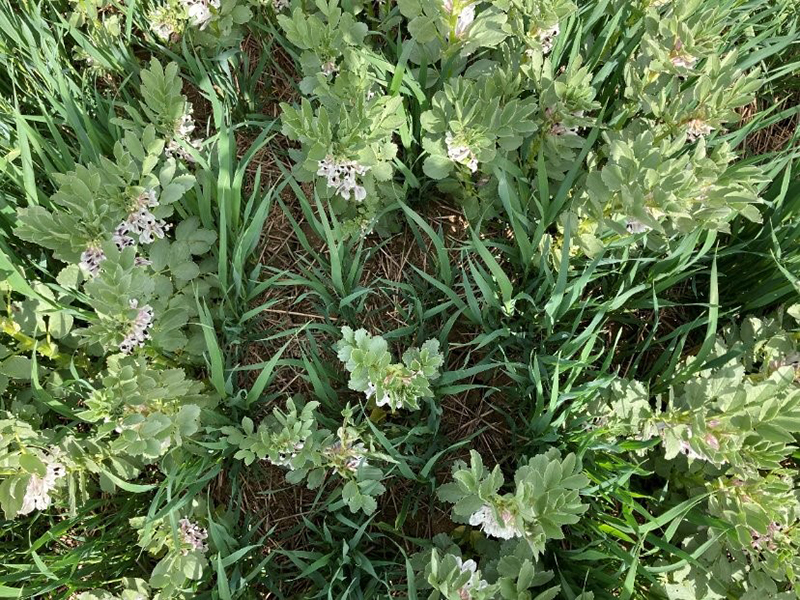Many farmers have committed to SFI environmental land management options on their farms. Careful preparation will be needed to ensure those plans are implemented on the ground as effectively as possible, and the clock is ticking.
The engagement with SFI among farmers has been very positive, says Agrovista’s head of rural consultancy, Hamish Wardrop. Many have entered the scheme already, some are still considering which options are best suited to their farms, while others are waiting until the 2024 actions are available later in the year before applying, reflecting the welcome flexibility of the application process.
“However, putting something down on paper is one thing, but putting it into practice isanother,” says Mr Wardrop. “I believe it is essential for farmers who now have their plans in place to gear up as soon as possible to implement those agreements on farm.”
In many cases the simplified handbook leaves farmers flexibility to decide how to implement actions, so long as the aims are met. “This flexibility is fantastic but it is essential that farms deliver on this,” he comments.
“When the weather does finally improve, many farms will have a huge workload this spring, but SFI commitments still need to be built into the plan, otherwise there is a real risk that they will be left to the last minute.
“It is far better and cheaper to establish these options correctly in the first place than having to come back and do it all again.”
Mr Wardrop believes there are some real positives to come out of SFI, provided the job is done properly.
“Companion cropping is a very popular option, for example, buckwheat and berseem clover in oilseed rape and field beans with wheat, and we will see a huge increase in the amount of land that will be managed this way.
“This increased acreage will no doubt accelerate the knowledge base within the industry and, as farmers fine tune their approach to this action, we hope to see some real agronomic benefit.
“However, extensive companion cropping does create a logistical challenge as it can require additional passes and/or different machinery requirements. Farmers and contractors need to prepare well in advance,” he advises.
Areas committed to rotational SFI actions also need careful consideration. These include multi-species cover crops ahead of spring cropping, and winter bird food, which has to be sown in spring or early summer to provide enough seed over the winter months.
“That may sound obvious enough, but the challenging autumn and winter have played havoc with many farms’ rotations and cropping, which will have a knock-on effect into next year.
“Changes in rotation need to factor in commitments made under SFI agreements. Where a situation is likely to impact this, farmers should seek advice as soon as possible.”
Mr Wardrop also advises careful choice of seed mixtures. “The desire to minimise seed costs has led to some cheaper mixes in the market, but I would advise growers to think carefully and look at the contents. A good herbal ley, for example, should last several years and we want to optimise the agronomic benefit, so you can’t skimp too hard on the herbs.
“We need to ensure the mix is fit for purpose, both to deliver the soil health benefits and suit the stock that will be grazing it. An additional few pounds per ha is not much to pay for peace of mind and will likely be more cost effective in the long run.”
Where options such as multi-species cover crops are to be grown, great care must be taken when choosing herbicides in the preceding crop, says Mr Wardrop.
Growers should observe following crop restrictions and plan accordingly to ensure that crops grown for SFI are not compromised by herbicide residues.
“The few examples above hopefully illustrate why I am convinced that planning is an integral part of implementing SFI successfully on farm,” says Mr Wardrop.
* For growers not yet in SFI, a cap of 25% of a farm’s area has been applied to six key SFI actions which may impact some plans. Agrovista’s Rural Consultancy team is available to help with these decisions and to help implement the best possible SFI agreements for your farm.


